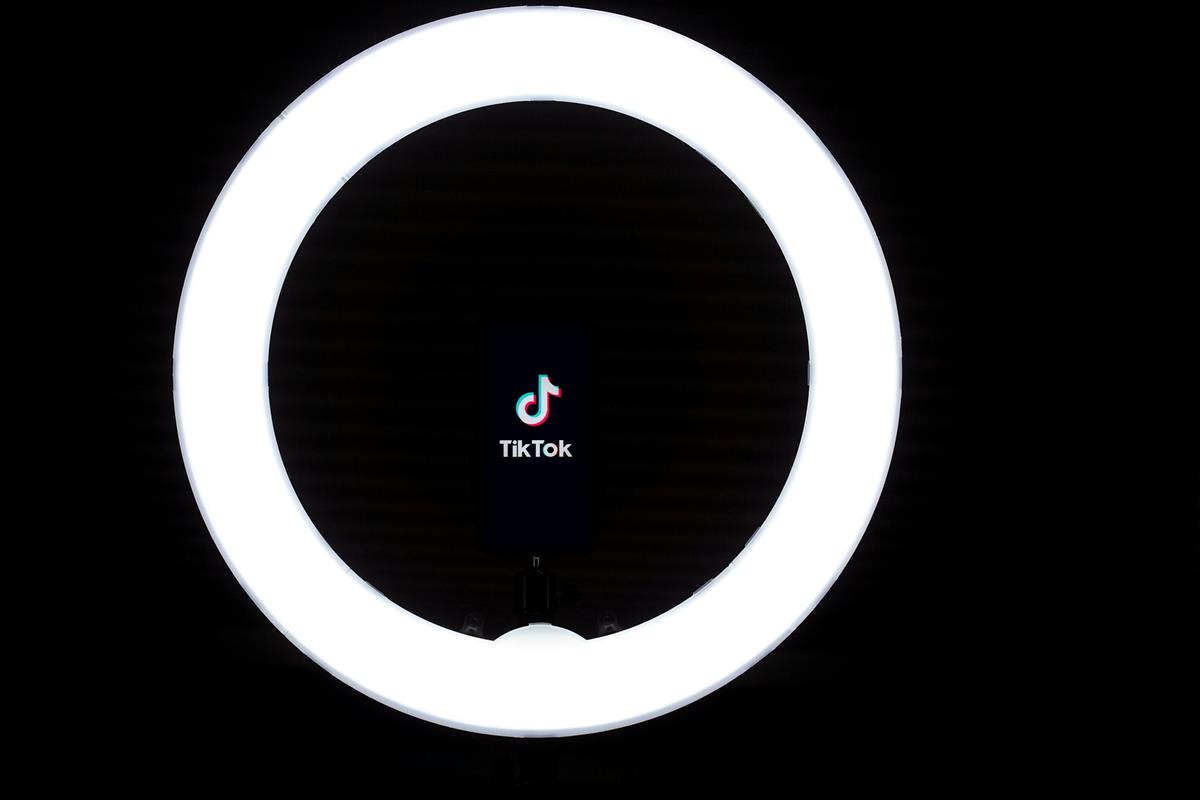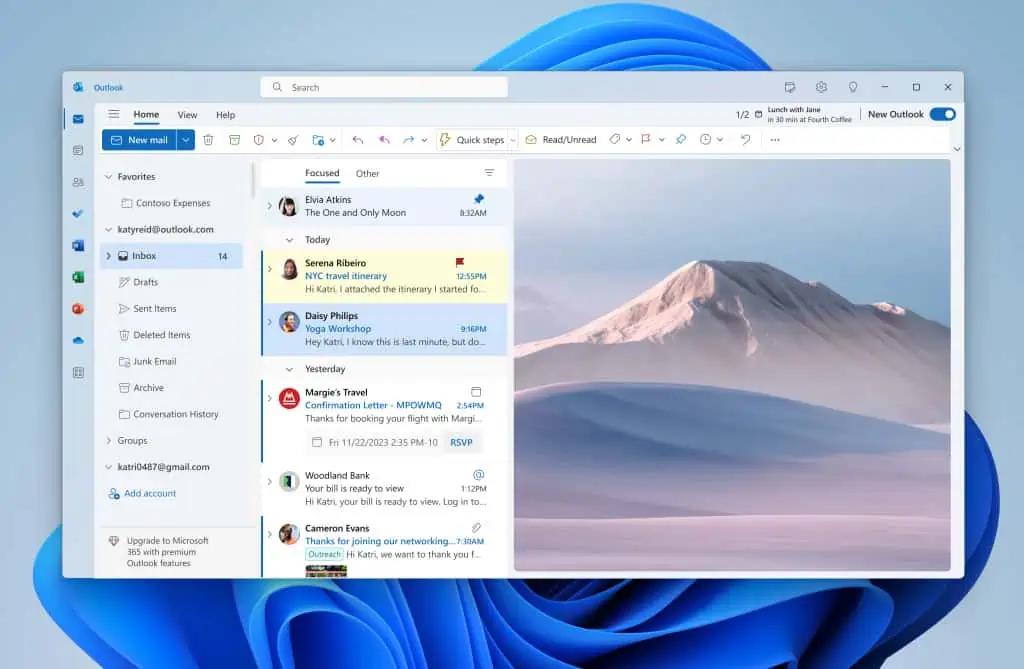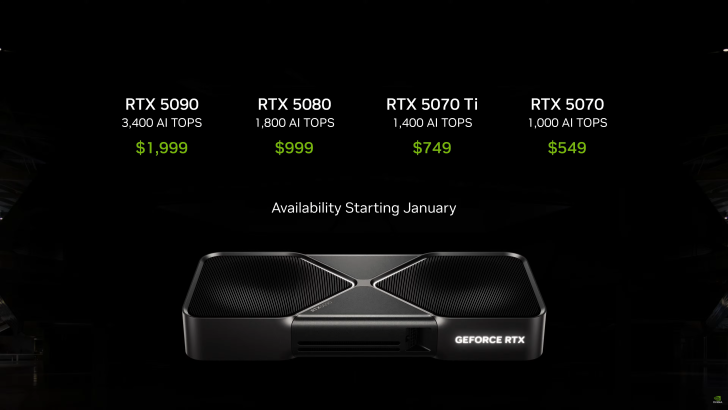Linux Foundation partners with Microsoft, Google, Meta and Opera to boost Chromium projects
The Linux Foundation has announced a partnership with 4 browser makers in order to advance the development of Chromium-based projects, as part of an initiative called the Supporters of Chromium-Based Browsers.
Members of the initiative include Google Chrome, Microsoft Edge, Opera Browser and Meta (Facebook). The group aims to improve the adoption, and open development of the Chromium open source project for the benefit of the internet.
Google says it will continue the development of Chromium, but The Linux Foundation will manage the funds of the Supporters of Chromium-Based Browsers, and oversee the partnership transparently with open governance and community-driven development of the Chromium ecosystem.
Rumors claim that this could be a desperate move by Google to somehow retain Chrome in the antitrust case against the U.S. Department of Justice. The news has sent shockwaves among the Linux community, and created an uproar among Firefox users who were outraged by the decision, and are worried about the future of Mozilla’s browser.
TikTok could be banned in the U.S.
A bill was passed in April 2024 by the U.S. Senate, which aimed to force ByteDance to sell TikTok within a year or face a ban in the U.S. The China-based company, which owns the short-video platform, has refused to sell TikTok.
And now, the U.S. Supreme Court has signaled that it could be the end of TikTok in the country, unless the app is sold to an approved third-party. While lawyers representing the company argued that the ban violated the First Amendment rights of free speech, the Federal government considers TikTok a concern for national security.

Justices who heard the arguments in the case were convinced that TikTok’s connections to China does pose risks to users in the U.S. It now seems likely that TikTok would be removed from the Apple App Store and Google Play Store on January 19 for users in the United States.
VLC player to get AI-powered subtitles and translations
VLC has been downloaded over 6 billion times. VideoLAN, the nonprofit organization which created the open source media player, celebrated the milestone in style by announcing a brand new feature, AI-powered subtitles.

AI subtitling should not to be confused with older voice recognition technology. VLC’s AI feature, which is currently in development, uses open-source language models to identify spoken content and present subtitles in real-time. Interestingly, it also supports real-time translation for 100 languages. This could help millions of users who may be interested in watching movies in foreign languages. VLC’s AI feature may not be available for all PCs, as it could require a Neural Processing Unit (NPU).
The new Outlook app will be installed automatically on Windows 10
It’s not exclusive to Windows 11, Microsoft has confirmed that the new Outlook app will be installed automatically on Windows 10 PCs. The app has been criticized by many users who dislike the design, as it is essentially a web wrapper for the Outlook website. It is not only more resource intensive than the old app, but also displays advertisements. There is a way to remove the new Outlook app, but it cannot be done before the new Outlook app has been installed, as it will be shipped as part of the February 2025 security updates.

The classic Outlook app will be retired in 2029, but the Mail and Calendar apps have already been removed by Microsoft.
Fitness trackers are stealing your data
A report published by SurfShark VPN has revealed that fitness apps used as a companion for smartwatches and fitness bands are stealing user data from users. This includes personal information such as email addresses, user IDS, device IDS, profiles, device locations, and even health related data. Such data is then sold with third parties unethically, putting user data at the risk of being misused.
![]()
SurfShark alleges that several apps were found guilty of collecting and sharing user data, including those made by Apple, Strava, Fitbit, Nike Training Club. The report also claims that some apps collected information regarding a user’s ethnic background, sexual orientation, religious, philosophical beliefs, political opinions, genetic information, biometric data and more.
While it may come as a shock to many, it shouldn’t be surprising, the Mozilla Foundation had published an extensive report of various devices, apps, vehicles that are not privacy-friendly as part of its “Privacy Not Included” research.
NVIDIA launches RTX 5070 for just $549
NVIDIA has launched the much awaited RTX 5000 series graphics cards with NVIDIA DLSS 4 upscaling technology. The new GeForce RTX 5070, 5070 Ti, 5080 and 5090 GPUs offer significantly better performance than older gen models, at lower prices. These graphics cards support DLSS Multi Frame Generation that can generate up to three extra frames per rendered frame.

The most surprising of the lot are the RTX 5070 and RTX 5079 Ti, which deliver 2x the performance of their predecessors. NVIDIA’s GeForce RTX 5070 has 12 GB of VRAM, 6144 CUDA Cores, with a 192-bit bus interface, and 28 Gbps memory speeds up to 672 GB/s bandwidth. Tests indicate that the RTX 5070 was able to beat last gen’s flagship model, the RTX 4090.
The best part is that the NVIDIA GeForce RTX 5070 costs just $549, which could offer some serious competition to Intel Arc B580 and the AMD Radeon RX 9070 XT.
Meta accused of using pirated content to train its AI
Meta, the parent company of Facebook, has been accused by authors who sued the company for violating copyright laws by using their material to train its artificial intelligence models. Fearing a backlash from media and the public, Meta had redacted a lot of information from documents produced at the court. A report says that Vince Chhabria, a Judge of the United States District Court for the Northern District of California, unredacted some documents which revealed that Meta was using illegal material to secretly train its AI.

Specifically, the company was found to have used content from pirated e-books available via Library Genesis (LibGen), a Russian-based “shadow library”, to train its language models. Meta also reportedly seeded torrents of the pirated files on websites, i.e. aided in distributing copyrighted content illegally. This could cost Meta dearly in the legal battle against the authors.










